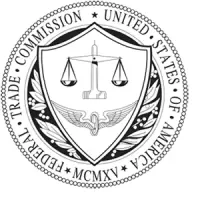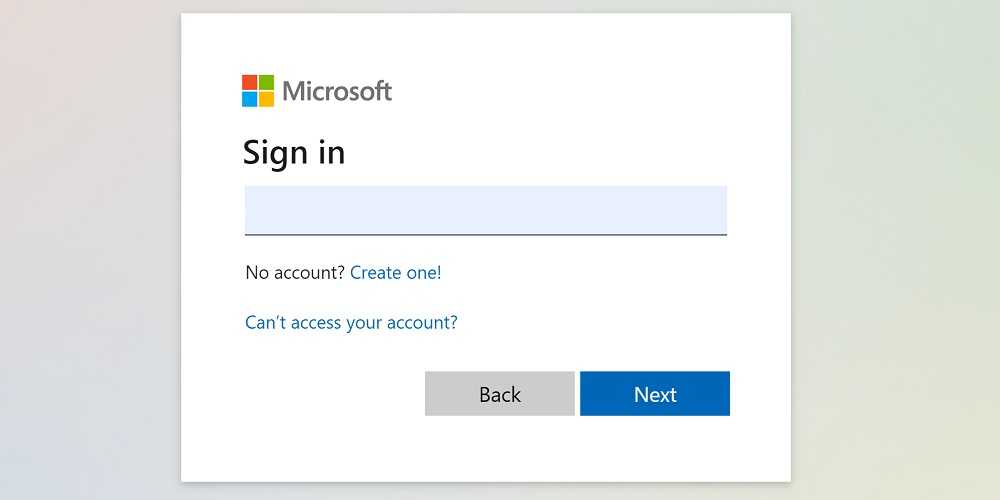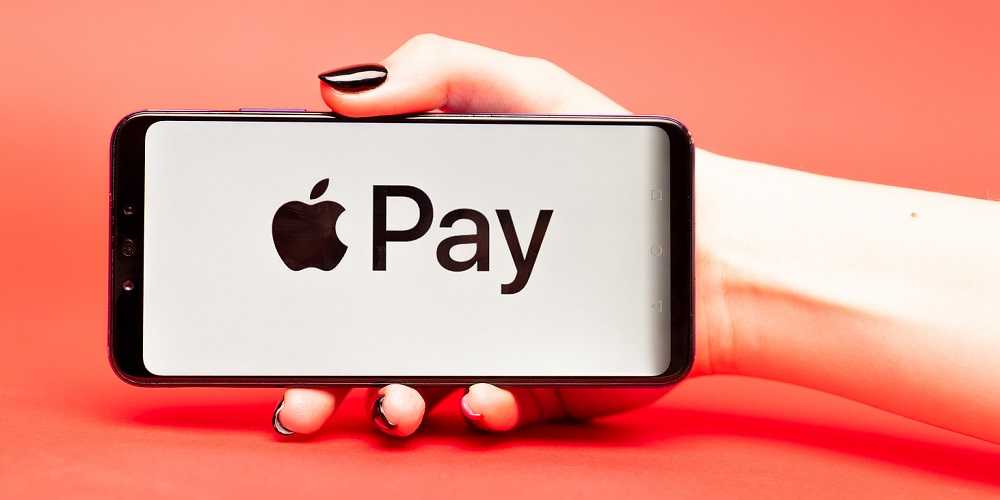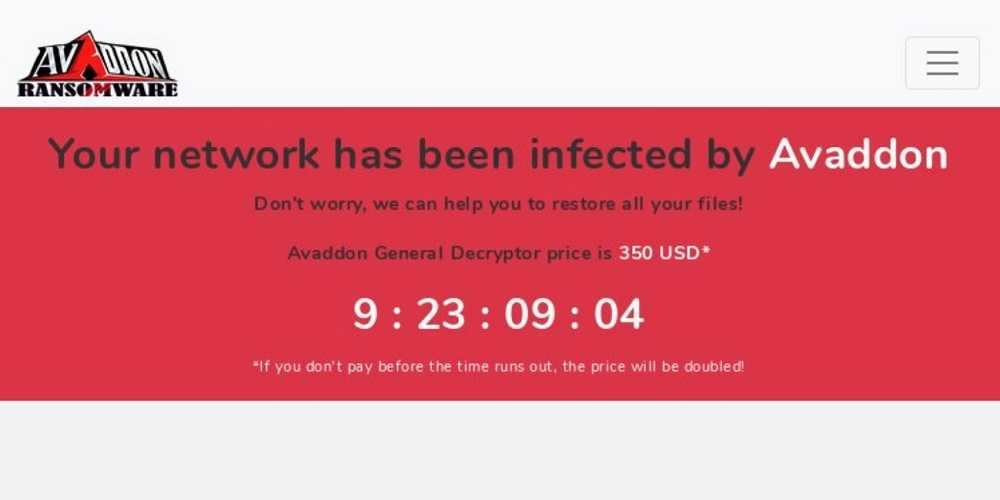FTC Consumer Response Center 1-877-382-4357
Protect your community by reporting fraud, scams, and bad business practices.
Image Source: Federal Trade Commission
Our top-rated password managers help you create strong passwords for all your online accounts and alert you of potential data leaks.
Image Source: PC Magazine
Credit freezes and fraud alerts can protect you from identity theft or prevent further misuse of your personal information if it was stolen. Learn what they do and how to place them.
Image Source: Federal Trade Commission
Ask a robocall recipient and they’ll tell you that robocalls are annoying and a waste of time. But the victim of a phone scam (vishing) will tell you it could mean losing a lot more than just time.
Image Source: SOS Daily News
People lose a lot of money to phone scams — sometimes their life savings. Scammers have figured out countless ways to cheat you out of your money over the phone.
Image Source: Federal Trade Commission
Credit freezes and fraud alerts can protect you from identity theft or prevent further misuse of your personal information if it was stolen. Learn what they do and how to place them.
Image Source: Federal Trade Commission
During Identity Theft Awareness Week 2022, we’ve talked about reducing your risk of identity theft. Credit freezes and fraud alerts can help. Both are free and make it harder for identity thieves to open new accounts in your name. One may be right for you.
Image Source: Federal Trade Commission
Detecting phishing is getting harder and harder as the days go by. Merely looking out for misspelled words, bad grammar, or unknown senders just isn’t enough anymore.
Image Source: SOS Daily News
People spend billions of dollars a year on products and treatments in the hope of improving their health and fitness. But a lot of that money goes to companies that make fake claims about those products and treatments...
Image Source: Federal Trade Commission
In 2021, more than 95,000 people told the FTC that they’d been scammed with a con that started on social media. In fact, more than one in four people who reported to the FTC that they lost money to any scam said the transaction started with a post...
Image Source: Federal Trade Commission
With the many digital payment options available today, finding the most secure providers can be a challenge. The popularity of digital wallets has grown over time and writing checks and even using plastic cards for payments are quickly becoming the dinosaurs...
Image Source: SOS Daily News
Taking steps to protect your personal information can help you minimize the risks of identity theft. But what if a thief gets your information anyway?
Image Source: Federal Trade Commission
Scammers can be very convincing. They call, email, and send us text messages trying to get our money or our sensitive personal information — like our Social Security number or account numbers.
Image Source: Federal Trade Commission
Research revealed by LexisNexis Risk Solutions in its bi-annual Cybercrime Report sheds light on those most victimized by cyber-fraud. It’s a sad but necessary reminder of those most vulnerable to online abuse, seniors over the age of 75 and young adults under the age of 25.
Image Source: SOS Daily News
Most of us know by now not to use the same passwords for different accounts; yet some of us still do. But users who continue to use passwords they know have been exposed in a hack are truly flirting with danger.
Image Source: SOS Daily News
A new ransomware, Avaddon, is having a bit of fun with its targets as their way to install the malware on devices worldwide. Hackers are sending “innocent” spam emails as a calling card to deploy Avaddon ransomware on data systems.
Image Source: SOS Daily News










